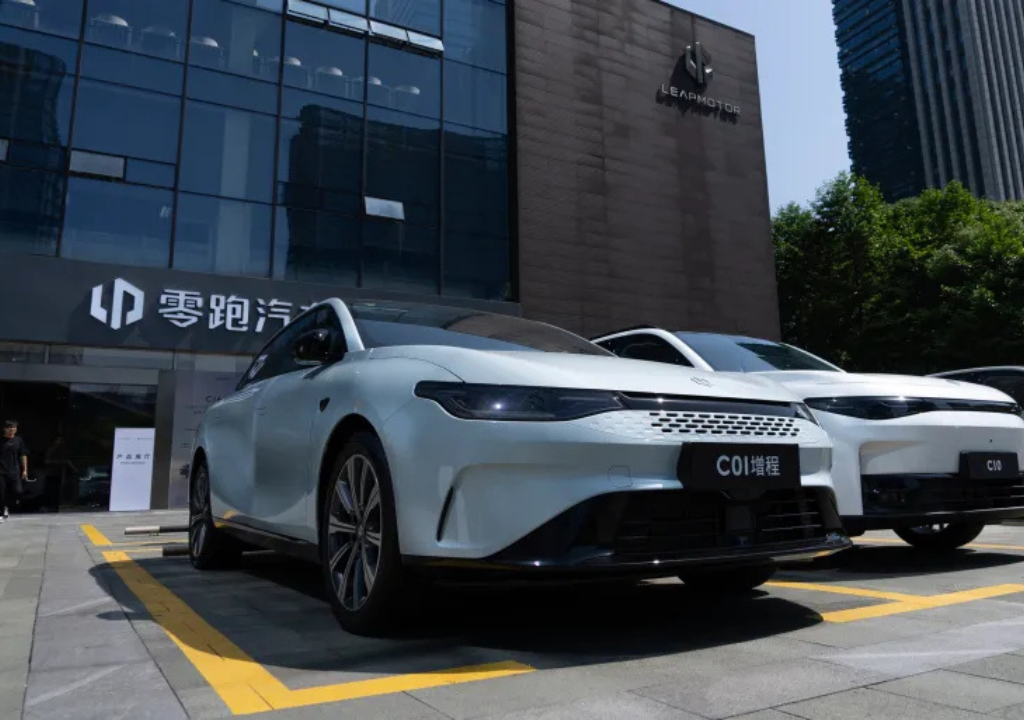The United States Department of Commerce has introduced a proposal to ban the use of key Chinese software and hardware in connected vehicles across the country, citing security risks. This new policy would effectively prevent Chinese-made cars and certain components from being used on American roads.
The regulations, unveiled recently, focus on concerns about data privacy and the potential for remote control of connected vehicles by foreign entities. The restrictions extend to technology from Russia and may be expanded to include other adversarial nations. This would also restrict Chinese manufacturers from testing autonomous vehicles in the US.
The new rules set a timeline, with software bans starting with the 2027 model year, and hardware restrictions taking effect in 2030. Public feedback on these rules will be accepted for 30 days, with plans to finalize the rules by January 20.
Commerce Secretary Gina Raimondo highlighted the potential risks, stating that foreign-made software could be exploited for surveillance or even remote control, threatening the privacy and safety of US drivers. She warned of scenarios where this technology could cause significant disruptions.
While the proposed rule allows Chinese automakers to apply for exemptions, it would require companies like General Motors and Ford to stop importing Chinese-made vehicles to the US. The regulation also compels automakers to seek alternative suppliers for connected vehicle components.
This move is part of a broader effort to secure US infrastructure, following earlier measures such as increased tariffs on Chinese electric vehicles and batteries. White House National Security Adviser Jake Sullivan mentioned existing evidence of Chinese malware in US systems, emphasizing the long-term threat posed by connected vehicles.
In response, China urged the US to maintain a fair business environment, vowing to protect its interests. Meanwhile, the Alliance for Automotive Innovation, representing major automakers, acknowledged that while Chinese components currently have a small presence in the market, some companies might need time to adjust to the new regulations.

